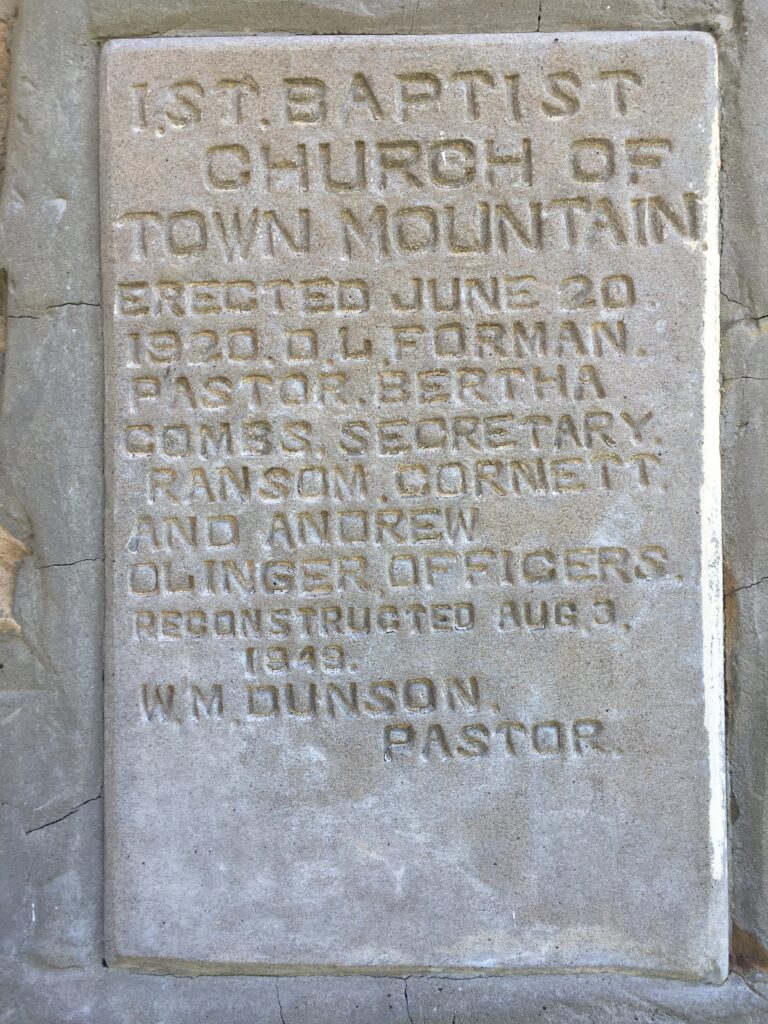
We all know about the Beatitudes, the 9 statements at the beginning of the Sermon on the Mount (Mt 5.3-11) in which Jesus identifies various kinds of people as “blessed.” That series of verses has inspired endless devotionals, sermons, articles, and books. It occurred to me recently that the Greek word translated blessed in the Beatitudes (makarios) is fairly common, occurring in lots of other places in the Bible—in all, 50 times in the New Testament, and 42 times in the Septuagint, the Greek translation of the Old Testament. Thus there must be lots of other biblical statements that are essentially “other Beatitudes.”
So why not go looking for them? Why not add to the list of attitudes and behaviors that put people into a condition of blessing?
I suppose we should start the way most of those sermons and books do, by defining the key term. What does it mean to be “blessed”?
The concept is really quite simple. The “blessed” person has received something that advantages him, and as a result, he’s happy. That’s pretty much the way we use the word today.
Now to take all these occurrences of the word, organize them, and draw some guiding principles about God’s blessing and our happiness.
To begin with, we should notice the “oddities” in a few uses.
First, there’s one “secular” use of the word: that is, it’s not speaking of spiritual blessing or God’s blessing. That’s in Acts 26.2, where Paul says that he’s “blessed” to have an opportunity to defend himself before Agrippa.
Second, there’s one instance where the word describes something impersonal. In Titus 2.13, Paul speaks of our “blessed hope,” which is Christ’s return. (There’s one other use that appears to be impersonal: “Blessed are you, O land, whose king is of nobility and whose princes eat at the appropriate time—for strength and not for drunkenness” (Ec 10.17). But as the Theological Dictionary of the New Testament notes (4.365), it’s really the people of the land, not the dirt itself, who benefit from a good ruler.)
Third, there are several uses that are limited in their application, that we shouldn’t consider as applying to us specifically—
- Individuals: Leah, at Asher’s birth (Gn 30.13); Peter at his confession (Mt 16.17); and God (Is 31.9 LXX; 1Ti 1.11; 6.15) (who technically can’t be “advantaged” by something he receives; here the word means someone whom we praise as worthy)
- Estimations: Solomon’s wives and servants, in the estimation of the Queen of Sheba (1K 10.8 // 2Ch 9.7); Mary, in the estimation of Elizabeth (Lk 1.45) and of “a certain woman” (Lk 11.27); he who eats bread in the kingdom of God, in the estimation of a man who was dining with Jesus (Lk 14.15)
- Historical situations: those returning from exile in Babylon (Is 32.20); the childless during the fall of Jerusalem (Lk 23.29); those who endure (Dn 12.12) or die (Rv 14.13) during the Tribulation
- Social situations: one who has a “quiver full” of children (Ps 127.5); those who carry out judgment on evildoers (Ps 137.8-9); people who have a good king (Ec 10.17); and, comparatively, the widow who does not remarry (1Co 7.40)
The rest of the uses of this word blessed or happy refer generally to certain kinds of people, particularly the people of God, and we can safely take them as applying to us. Since I’ve called this series “The Other Beatitudes,” I won’t be addressing the two passages in the Gospels (Mt 5.3-11; Lk 6.21-22) where the Sermon on the Mount is presented.
Next time, we’ll look at the remaining passages, telling us who is blessed, and why.






